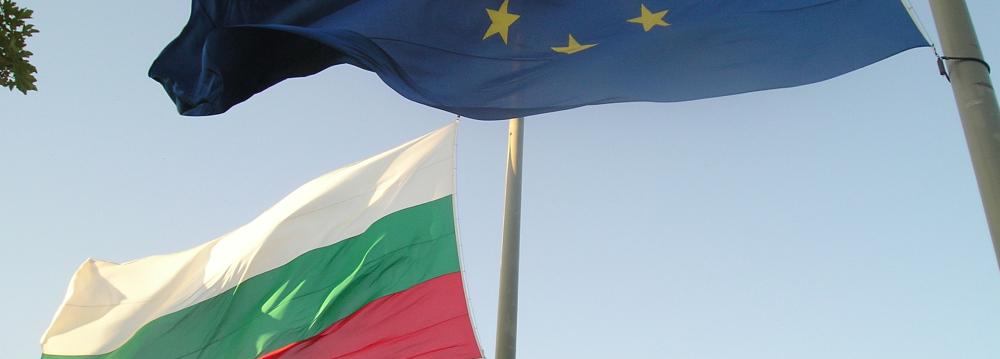Taking over the EU presidency in the present times poses a serious challenge for Bulgaria. Ongoing Brexit talks, debates to establish a coordinated position on refugee and migration matters, and preparations for the new EU budget from 2020 onward are just three of the most pressing issues to date.
Bulgaria’s minister for the EU presidency, Lilyana Pavlova, said that a successful presidency will require reaching political consensus, engaging in dialogue and reaching mutual understanding. Bulgaria will endeavor to maintain the unity and stability of the bloc, Pavlova said. But her country has additional objectives, too. Pavlova said that her country wants to ensure young people have a bright future something that is inextricably tied to the EU’s new budget as well as to Brexit, Alexander Andreev wrote for DW.
Bulgaria will also focus on the prospect of western Balkan states joining the bloc, will strive to ensure safety and security amid the ongoing refugee and migration situation, seek a united defense policy, economic growth and devote attention to the EU’s single digital market.
Brexit, Migration Package
But Sofia has come to realize that it will have to take a coordinating role that will aim to achieve some sort of harmony among EU states, rather than engage in bold leadership. The supremely complex Brexit issue and the EU’s disunited position over migration can only be tackled through Bulgarian mediation, not top-down leadership.
Bulgaria will attempt to bridge the divide between eastern and western Europe over the so-called “migration package” before Austria takes over the EU presidency on July 1, 2018 — because Austria is known for its tough stance on migration.
Promoting Western Balkan States
Bulgaria is eager to present itself as a competent and constructive mediator in the context of the potential EU accession of the western Balkan states. It has already planned an EU summit on May 17, 2018 that will focus on the bloc’s future expansion and integration.
The former president of the European parliament, Hans-Gert Pottering, is said to be Bulgaria’s unofficial adviser on the country’s EU presidency. He is more cautious regarding the Balkan states joining the bloc. He thinks they must be made to understand that, “You will not join soon and you must undertake reforms, you must combat corruption and strengthen the rule of law. And in return you may expect similar treatment to EU states when it comes to reducing roaming charges, or in matters of digitization.”
Johanna Deimel, ýdeputy director of the Munich-based Southeast Europe Association, is concerned that Bulgaria—a country that remains under EU monitoring—is taking over the EU presidency, calling this state of affairs “a first.”
She says the latest report on the country’s progress published in the context of the EU’s cooperation and verification mechanism was “utterly alarming.” It bemoans “a threat to the independence of the judges and the rule of law” and highlights unconstitutional legislation. Deimel says this means Bulgaria does not set a good example. “How are western Balkan states supposed to feel motivated to reform their respective judicial systems, strengthen the rule of law and combat organized crime, if such grave problems persist in Bulgaria?” Deimel also highlighted the country’s media landscape, which still leaves much to be desired. “Is Bulgaria suited to hold the EU presidency, ask such tough questions and put them on the agenda? I’m skeptical about that.”


